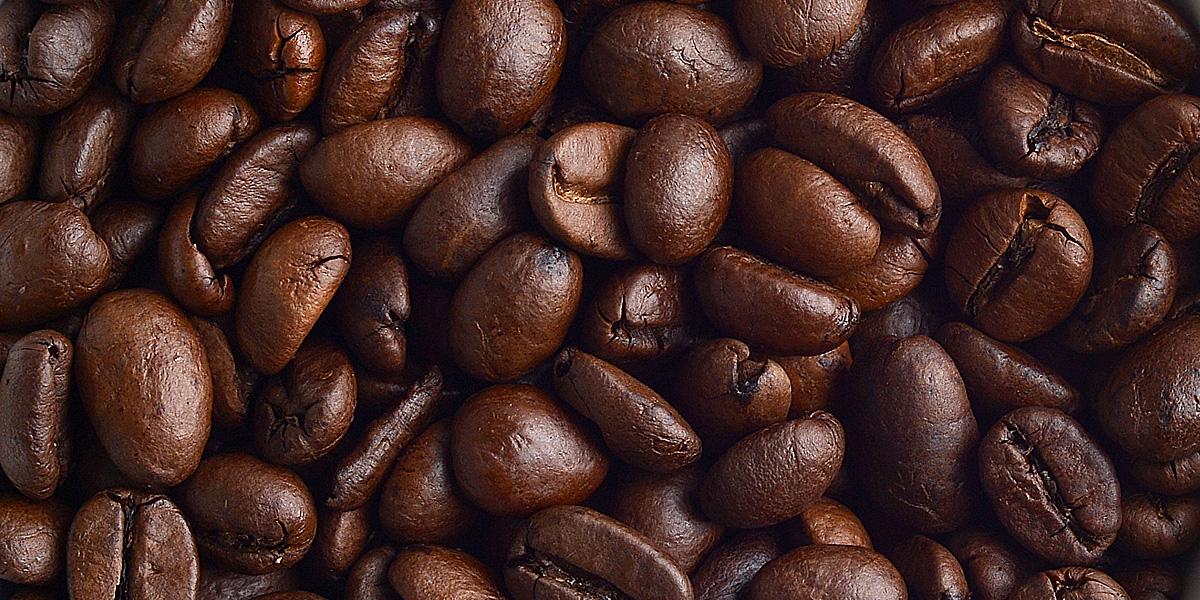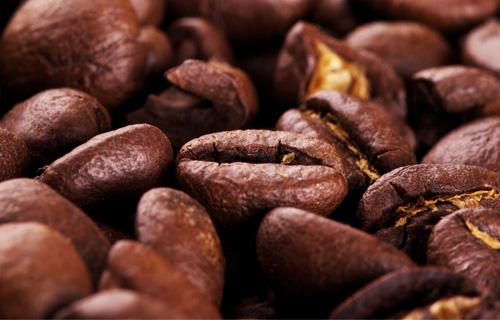Coffee farmer in El Salvador: Aida Batlle
Follow the caf é (Wechat official account vdailycom) and found that Beautiful Cafe opened a small shop of its own.
Coffee farmer in El Salvador: Aida Batlle
Moved back to El Salvador from the United States to be a coffee farmer.
If you can go back to more than four generations of family coffee cultivation, you can basically foresee that you will also become a coffee farmer. But for Aida, the situation is a little special. At the age of six, she migrated to the United States with her parents and grew up there to avoid the civil war.
In the summer of 2002, Aida Batlle, who had settled in Nashville at the time, came to El Salvador to visit his parents, who had returned to look after the coffee farm. In those years, the price of coffee beans fell to a low ebb, and my father seemed to have been hit hard and depressed.

Salvadoran coffee farmers
She suddenly felt that she should uproot her life from the United States and move to El Salvador to become a farmer. "my parents thought I was crazy when they heard about the decision."
The award-winning price of COE for sending comments is twice as long.
Aida wanted to know as much as she could about the coffee trade, so she began to attend lectures and asked the Salvadoran Coffee Council for help.
She heard about COE and decided to send coffee beans from two of her family's farms to participate in the first COE El Salvador coffee bean contest in 2003. To her great surprise, one of the beans sent won the first place.
Before winning the COE, no one in the family had ever tested or even tasted their own coffee beans. Aida became the first female coffee farmer to win the COE competition, while her raw coffee beans sold for $14.06 a pound, also a record. Aida soon became one of the most famous coffee farmers in the world.
Adhere to low-yield bourbon seeds and organic cultivation with good taste
Aida is now in charge of the family's four farms, three of which are named after African place names.
Tanzania: 1275-1380 m, Mauritania: 1400-1600 m, Los Alpas: 1550-1875 m, Kilimanjaro: 1580-1720 m.
Aida is also a consultant who oversees the overall quality of coffee beans from picking and screening to all batches of coffee beans on two other farms she has selected.
When he took over the farm, Aida insisted on organic cultivation immediately and was certified in 2005. Compared with traditional farming methods, organic farming will greatly reduce the yield, and the use of older coffee bean varieties is not conducive to disease resistance. However, Aida still loves the traditional bourbon species, which her great-great-grandfather brought to El Salvador.
The farms in Mauritania are all bourbon, while Kilimanjaro is mostly Kenyan and bourbon. Los Alpas grows iron pickup and bourbon. As a new member of the family farm, Tanzania grows almost all bourbon.
Nowadays in El Salvador, it is difficult to keep growing old varieties because the cost is getting higher and higher, and if you do not trade directly with coffee roasters in the market, you will have to rely on exporters and processors to sell your coffee beans. As a result, Aida launched the "Aida Batlle Select" project to connect other local coffee farmers and bean bakers.
Coffee practitioners who have visited the Kilimanjaro farm evaluated that, based on the cup test data and the appearance of the plants, the Kenyan coffee tree planted here may be the most valuable African variety, collectively known as "SL-28", although Aida has never tested it before.
Kilimanjaro is one of the few farms in the region to grow Kenyan coffee trees, some of which were uprooted and stolen during Aida's first COE.
Get certified as a barista in order to understand coffee.
Aida appoints a supervisor on each farm, which employs at least 10 workers a year, including seasonal pickers. After the coffee beans are harvested, the processing plant will send trucks to pick the coffee fruits. Aida or his employees will always be there to supervise the whole process. She attaches great importance to doing experiments and mostly refers to the suggestions given by her clients.
One of Aida's revolutionary initiatives is to provide customers with a list of the same beans that have been treated in a variety of ways.
The scale of each experiment is small. It uses about 25 pounds of coffee fruit and can produce 5 pounds of coffee beans. Customers must order them first.
Aida does not allow her beans to be mixed with beans from other farms, and the only matching beans she provides are called "Aida's Super Collection", which is mixed with beans from three farms.
Solberg& Hansen, a cafe in Oslo, Norway, bought the first coffee beans of Aida's Coe in 2003, and then she visited the restaurant to experience the coffee made from her own beans. She had never seen a latte before and was fascinated by the art of coffee.
"I did this part of my job perfectly, and then the exporters laid the groundwork, and the raw bean buyers and the bakers did their jobs, and after all this, the most important part fell on the baristas." Aida said.
What else will coffee beans go through after they leave the farm? In order to deepen her understanding of this area, she acquired the barista certification of the American baristas Association. It is this attention to detail that has earned her the respect of the international coffee industry.
Farmers like Aida set a profound standard by which their attentive concentration and dedication can be seen from a single coffee bean. When coffee beans enter the roasting stage after careful cultivation and processing, the only person who can make the farmers' painstaking efforts go down the drain is the baker. Therefore, we should try to follow their example, pour all our knowledge, be cautious, and let coffee beans play their due charm.
Later, I will elaborate on how our crops-green coffee beans-become an unforgettable and fascinating drink.
Important Notice :
前街咖啡 FrontStreet Coffee has moved to new addredd:
FrontStreet Coffee Address: 315,Donghua East Road,GuangZhou
Tel:020 38364473
- Prev

El Salvador: steady taste and lively flavor
El Salvador: calm taste and lively flavor Salvadoran coffee industry began in the late 19th century, with a history of barbarism and violence, a group of foreigners took over the land from the locals. During the civil war from 1980 to 1992, exploited peasants joined guerrilla warfare in order to extricate themselves from difficulties, and many people lost their lives in the war. Some people push it off.
- Next

A brief introduction to El Salvador Hot Spring Coffee
Following Cafe (official Wechat account vdailycom) found that Beautiful Caf é opened its own shop. El Salvador is a highland terrain, the smallest country in Central America, flanked by Guatemala and Honduras. Because there are two parallel mountains in the country, the volcanic soil is rich in minerals, which makes El Salvador suitable for planting.
Related
- Detailed explanation of Jadeite planting Land in Panamanian Jadeite Manor introduction to the grading system of Jadeite competitive bidding, Red bid, Green bid and Rose Summer
- Story of Coffee planting in Brenka region of Costa Rica Stonehenge Manor anaerobic heavy honey treatment of flavor mouth
- What's on the barrel of Blue Mountain Coffee beans?
- Can American coffee also pull flowers? How to use hot American style to pull out a good-looking pattern?
- Can you make a cold extract with coffee beans? What is the right proportion for cold-extracted coffee formula?
- Indonesian PWN Gold Mandrine Coffee Origin Features Flavor How to Chong? Mandolin coffee is American.
- A brief introduction to the flavor characteristics of Brazilian yellow bourbon coffee beans
- What is the effect of different water quality on the flavor of cold-extracted coffee? What kind of water is best for brewing coffee?
- Why do you think of Rose Summer whenever you mention Panamanian coffee?
- Introduction to the characteristics of authentic blue mountain coffee bean producing areas? What is the CIB Coffee Authority in Jamaica?

